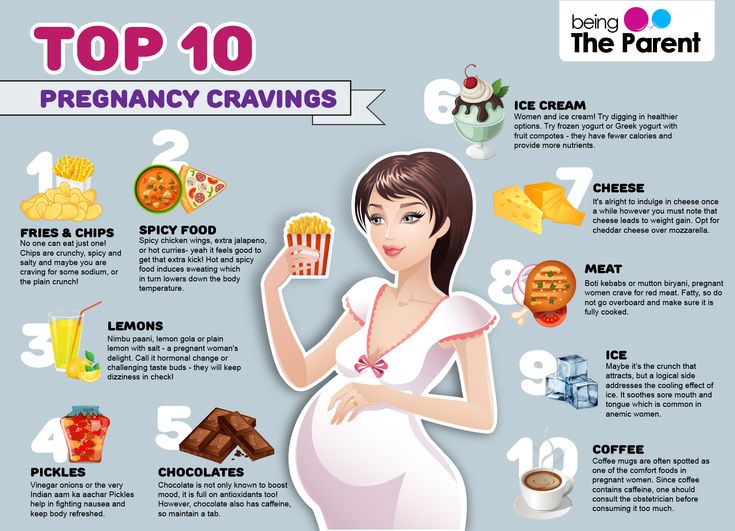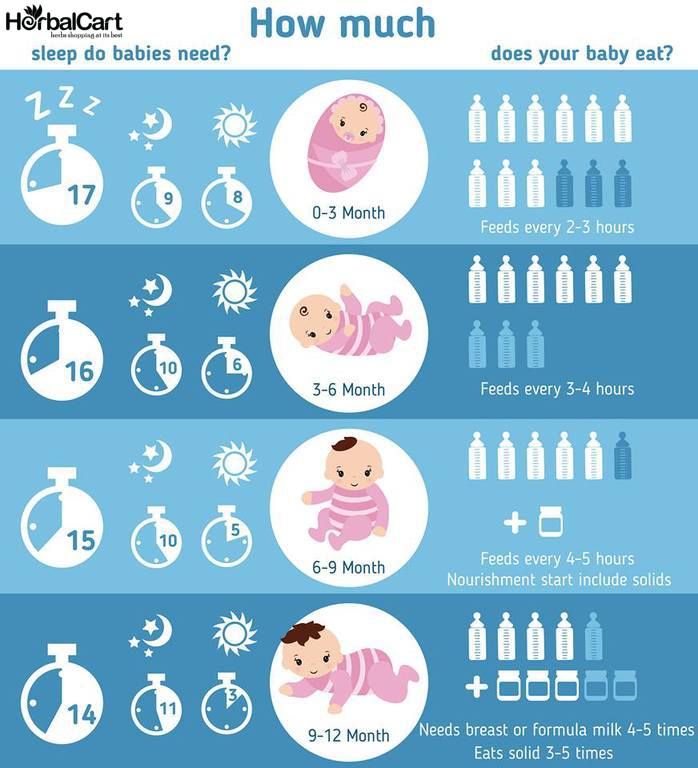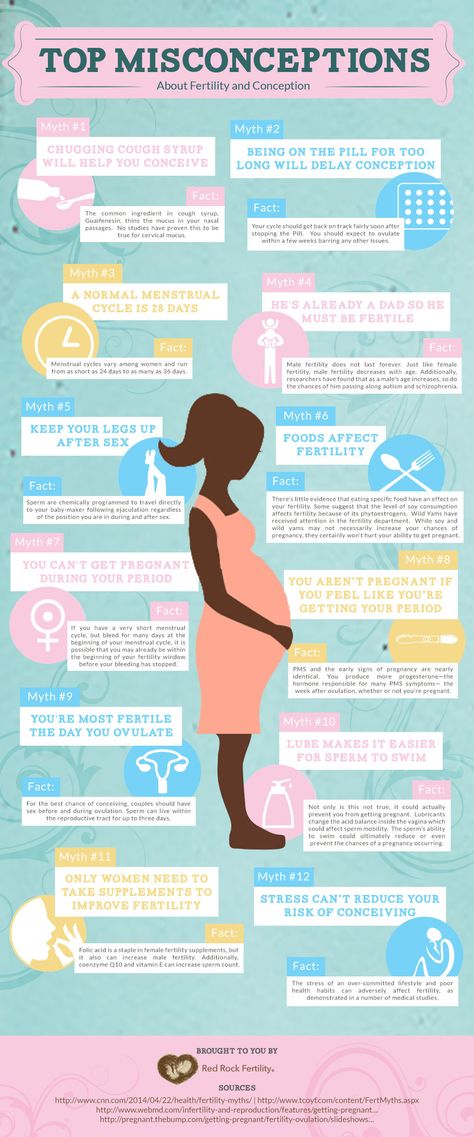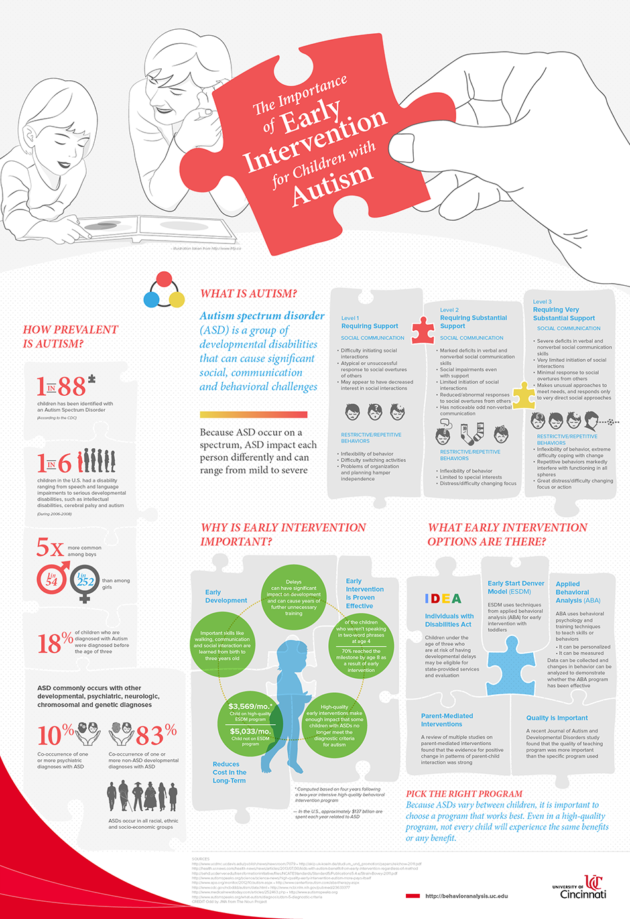Craving for chocolate during pregnancy
Craving Chocolate During Pregnancy? What it Might Mean
Last Updated on May 3, 2022
Though not unique to pregnancy, chocolate cravings in pregnancy are in no short supply. Since many food cravings can clue you in to your and baby’s health throughout pregnancy, many women wonder what might be behind their strong prenatal cravings for chocolate- aside from a delicious treat, that is!
Chocolate cravings are a perfectly normal part of a healthy pregnancy. No matter if you have a hankering for a chocolate bar, cake, or chocolate milk, cravings for chocolate are also safe to satisfy.
Dark chocolate, white, or rich chocolatey desserts- does the kind of chocolate you crave tell you anything more about your pregnancy? I’ll clue you into what these other types of chocolate cravings during pregnancy might mean.
Covered in this Article:
Craving Chocolate During Pregnancy: What Does it Mean?Chocolate craving isn’t just for the movies, it is also the most common food craving among American women (source: Frontiers in Psychology).
Pregnant women are no stranger to cravings, especially since strong food cravings happen during two specific times- during pregnancy and around monthly menses- for many women. Intense cravings during pregnancy can feel wrong, or like a sign that something sinister is going on, but it isn’t so!
There are a number of reasons why women crave chocolate during pregnancy. Unlike some other pregnancy cravings, there was actually no definitive link found between hormonal changes and chocolate cravings (source: Appetite).
Rather than hormonal, research has shifted to focus on the influence that cultural and psychosocial factors play.
Chocolate is undoubtedly indulgent. Just think of the names for chocolatey desserts such as Devil’s Food and Death by Chocolate. Pregnancy is a time when many women are encouraged to indulge, ‘eat for two,’ and recoup the hard work of carrying a child by eating feel-good treats.
Not only rich, chocolate is also such a common food craving that it is nearly expected to crave chocolate at some point during pregnancy (source: Frontiers in Psychology).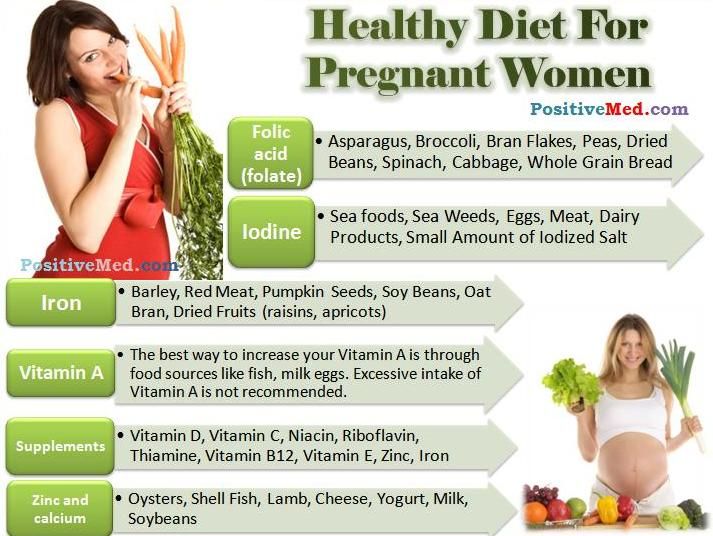 Both of these factors combined make chocolate cravings hard to resist.
Both of these factors combined make chocolate cravings hard to resist.
Some pregnant women crave only certain types of chocolate, whether that be white, dark, or milk chocolate. Regardless of which type of chocolate you prefer, there is nothing out of the ordinary about chocolate cravings.
As all types of chocolate are safe to enjoy whilst pregnant, feel free to have a bite and satisfy your craving. For an in-depth guide on how much chocolate is safe and healthy throughout pregnancy, head over to our guide to chocolate.
Craving Chocolate Milk or Milkshakes During PregnancyWhether you imagine sipping on a frozen chocolate milkshake or just an ice-cold glass of chocolate milk on a warm day, there are many different reasons why you might be craving chocolate dairy drinks.
Both chocolate milk and milkshakes tend to be fairly sweet, so your pregnancy cravings could simply be tied to wanting a sweet treat. When it comes to chocolate milk, the chocolate syrup/flavor can also tone down the milk taste, which many women find less appealing or have aversions to while pregnant.
Milk cravings, including hot chocolate milk, are thought to signal your body’s efforts to increase the storage of calcium and phosphorus (source: Nutrients). Both of these nutrients are crucial during pregnancy as they help support the development of your baby’s skeleton.
Just like solid chocolate, chocolate milk and milkshakes made with real chocolate do contain some caffeine. The amount is very small, only around 2 milligrams per cup, but if you are choosing to eliminate all caffeine then this is something to keep in mind (source: US Dairy).
It might come as a surprise that chocolate milk is considered a sugar-sweetened beverage (SSB). SSBs, chocolate milk included, is still safe to drink during pregnancy, however, it is recommended to drink them in moderation and not as your regular beverage choice (source: Nutrients).
This can be hard if you are having strong and frequent cravings for chocolate milk! You can try pouring it into a smaller glass or mixing up a batch of chocolate milk at home, using less chocolate powder/syrup to get your chocolate milk fix minus some of the sugar.
Whether it’s a bar of chocolate, a piece of cake or a big glass of chocolate milk is there anything to be aware of before enjoying it? Chocolate is (typically) both caffeinated and sweetened with added sugars. Both of these things are safe in moderation while pregnant, but helpful to keep tabs on.
The caffeine content depends on the amount of cocoa solids in your chocolate treat. A good rule of thumb is ‘the darker the chocolate the higher the caffeine.’ White chocolate is uncaffeinated whereas dark chocolate can contain more than 26 milligrams of caffeine per ounce (source: USDA).
Up to 200 milligrams of caffeine per day can still be safe during pregnancy, so eating just 2 ounces of dark chocolate is around 25% of the daily limit alone (source: March of Dimes).
Feeling a sweet tooth? Find out how much caffeine is in your favorite chocolates with our ultimate guide.
Chocolate is typically labeled as indulgent for a reason- it’s sweet! If you’ve had discussions with your medical provider about limiting sugar intake or have been diagnosed with gestational diabetes, then it is important to be careful about how much chocolate you eat.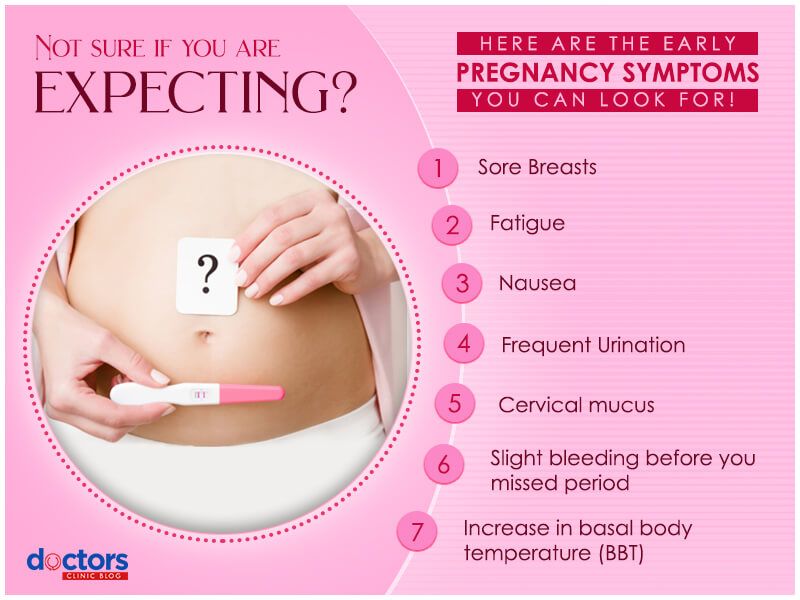
While darker chocolates are typically more caffeinated, they are also typically less sweet and therefore less prone to spiking your blood sugar level.
Some chocolate treats, such as mousse, are made with raw eggs and are not always pasteurized for safety. If you’re buying these types of prepared desserts be sure to check the label and opt for pasteurized versions to lower your risk of foodborne illness.
Bearing your daily caffeine intake in mind, overall chocolate is still definitely safe to enjoy in moderation while pregnant.
To explore all of the benefits and safety throughout pregnancy, here’s a deep dive into all things chocolate which you can find here.
Does Craving Chocolate Mean I’m Having a Boy or Girl?Rumor has it that if you crave sweet foods (such as chocolate) during pregnancy you should be expecting a baby girl as the new addition to your family.
As sweet (pun intended) as taking a hint from your cravings would be, there is unfortunately no scientific evidence to back up this old wives’ tale. Even though craving for chocolate will not clue you into your baby’s gender it is still fun to guess- not to mention delicious!
Even though craving for chocolate will not clue you into your baby’s gender it is still fun to guess- not to mention delicious!
Searching for something sweet often ends with chocolate, and it’s no surprise given that it is the top craving among US women. Even though the exact cause is not known, the research and hypotheses show that cravings for chocolate can be a normal part of a healthy pregnancy.
| This article has been reviewed and approved for publication in line with our editorial policy. |
11 Reasons Why Craving Chocolate is Good for You & Your Baby – Crio Bru
Published by Eric Durtschi, Founder,
Crio BruArticle at a Glance
- Craving chocolate while pregnant? Great! It has some amazing health benefits for you and your baby.
- 11 reasons why incorporating more chocolate into the diet of expecting mothers can have amazing benefits.
- Suggestions on how to get more cacao into your day.

Pregnant? Yes, you do NEED that chocolate!
During pregnancy, you may have some strange cravings. The cravings are almost too many and sometimes, too strange to list. However, there is one almost universal craving, chocolate!! Pregnant women from all over the word have been known to do some crazy stuff to get their chocolate fix and after all, you are eating for two! Well, we’re here to tell you that you can now feel justified in sending your partner out at midnight to grab some chocolate if you find yourself without any on hand.
Here are 11 reasons why you incorporating more chocolate into the diet of expecting mothers can have amazing benefits:
1. Dark Chocolate Relieves Pre-eclampsia:
Pre-eclampsia is one of the causes of premature labor and is characterized by high blood pressure and protein levels in your urine during pregnancy. When the blood pressure increases, it leads to convulsions and may also cause blood clotting and liver damage.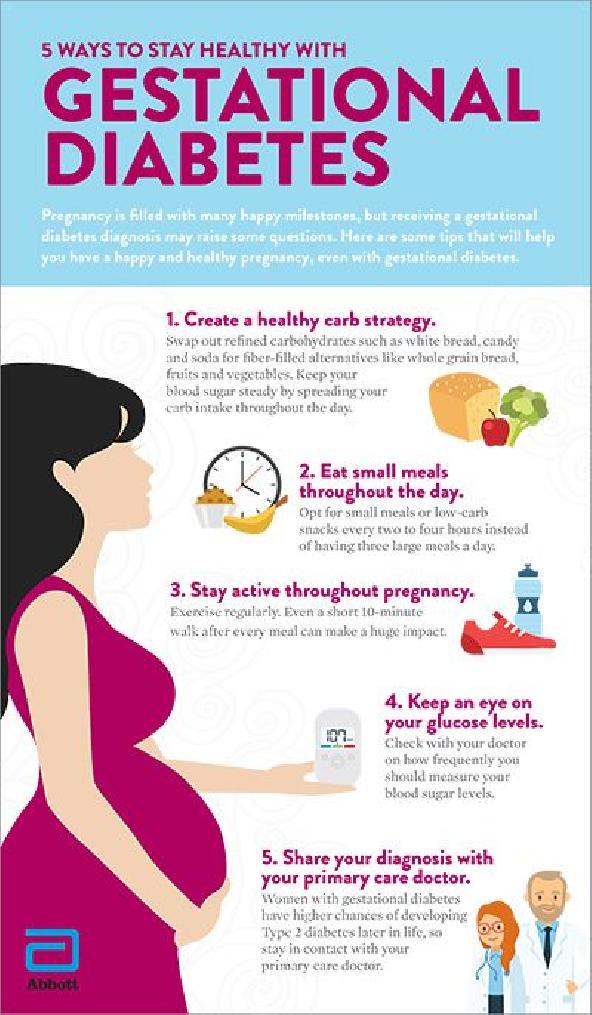
According to a study reported in the Annals of Epidemiology, cocoa’s theobromine content helps relieve the condition. Researchers at the Yale University found that chocolate intake lowered the risk of pre-eclampsia by almost 70%. It, therefore, concludes that dark chocolate, about five servings a week, is effective in preventing preeclampsia especially in the third trimester (1,2).
2. Regulates Blood Pressure
Theobromine present in cocoa helps in regulating blood pressure in pregnant women by dilating the blood vessels (3)
3. Contains Essential Antioxidants
Theobromine present in cocoa helps in regulating blood pressure in pregnant women by dilating the blood vessels (3)
4. Prevents Heart Disease
The antioxidant property of dark chocolate plays a prominent role in preventing heart disease and, therefore, supports the cardiovascular system (5). The darker and the higher the quality of chocolate, the better it is for the heart.
5. Relieves Stress
Dark chocolate has been found to enhance mood by raising endorphin and serotonin levels in the brain. The findings from a research study published in the Proteome Research, say that eating 1.4 ounces of dark chocolate every day for two weeks lowers the levels of cortisol hormone (stress hormone). The flavanol reduces fatigue and reflects on the degree of stress (6,7).
6. Give Happier Babies
Research findings in the New Scientist Magazine state that pregnant women who had more dark chocolate gave birth to happier and livelier babies. Researchers randomly picked a few mothers who had six-month-old babies and asked them how frequently they had chocolate in their pregnancy. They were told to rate their babies’ happiness. Mothers who frequently had chocolate in their pregnancy gave higher happiness score to their babies than mothers who did not have chocolate regularly.
However, the exact reason is not known – it may be the chocolate passing through the placenta into the breast milk or mother’s enhanced happiness from chocolate that made the babies happy.
Another interesting finding from the study was that it protected babies from maternal stress. Mothers who never ate chocolate showed high stress levels during pregnancy and had babies who were fearful. Mothers who ate chocolate showed low stress levels and had babies who were less fearful (8,9).
"Mothers who frequently had chocolate in their pregnancy gave higher happiness score to their babies than mothers who did not have chocolate regularly."
7. Regulates Cholesterol Levels
Dark chocolate contains low sugars and fats. Also, the flavonoids present in it raise good cholesterol levels, reduce oxidation of bad cholesterol and regulate blood sugar levels. They also improve the blood flow by making the blood vessels elastic (10).
8. Good Sources of Iron & Magnesium
About 100g of dark chocolate provides you with 67% of recommended daily intake for iron and 58% for magnesium (11). Iron is essential to maintain the hemoglobin count during pregnancy and magnesium helps to metabolize fatty acids.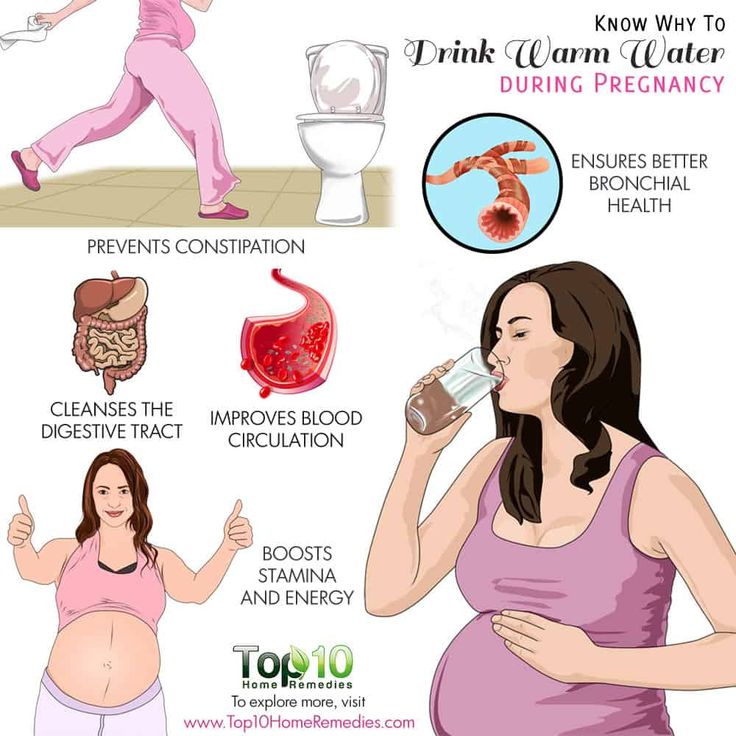
9. Decrease Chance of Miscarriage
Although there is nothing you can do to prevent a miscarriage, women who eat chocolate daily were found to have 20 percent less chance of suffering a first-trimester miscarriage (12).
10. Better Fetal Development
In the same study, women who consumed chocolate during pregnancy also benefited from better placental and fetal growth and development, so eating chocolate could mean an all-around healthier baby come delivery day (13).
Eating chocolate during pregnancy boosts fetal growth and development, according to the Universite Laval Quebec City in Canada. Regular consumption of dark chocolate in small amounts from your first trimester could improve placental function.
Dr. Emmanuel Bujold, professor of obstetrics and gynecology at Universite Laval in Quebec City, says: “Our observations suggest that a regular small consumption of dark chocolate — whether or not the level of flavanol is high — from the first trimester of pregnancy, could lead to an improvement of placental function.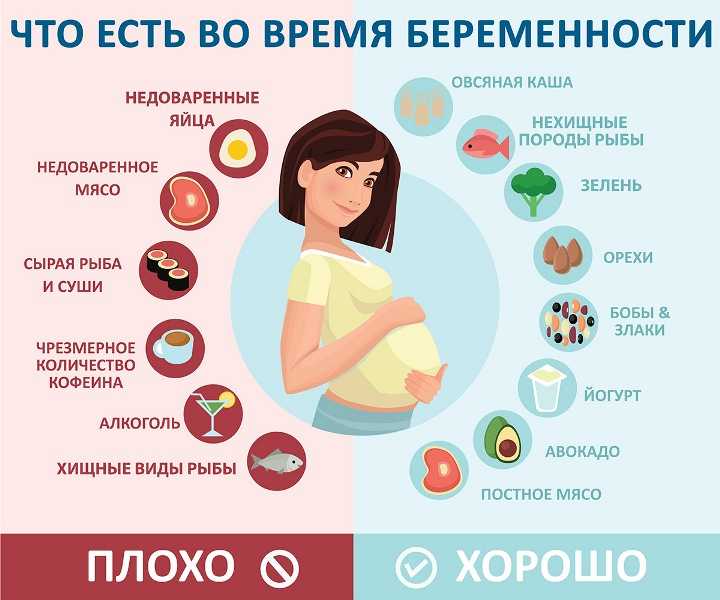
11. Healthy Weight Gain
Chocolate may just help keep those unnecessary extra pregnancy pounds at bay. Eating dark chocolate can help maintain healthy weight gain and lower cholesterol (14).
Watch Out! Not All Chocolate is Created Equal
Chocolate has been proven to have many health benefits but keep in mind that not all chocolate is created equally. The primary health benefits come from the high level of flavonoids found in the cacao bean so the higher the percentage of cacao, the more flavonoids you will get. Many traditional chocolate products have little cacao and are often so over processed that you get very few, if any, benefits. In fact, it can be detrimental to your health since they are often so loaded with sugar and fat calories. If you want to get the most out of your chocolate, seek out high percentage dark chocolate made from an artisan chocolate maker if possible.
Brewed cacao is another great method source- it offers the amazing flavonoids and healthy stimulant, theobromine, without all the fat and calories.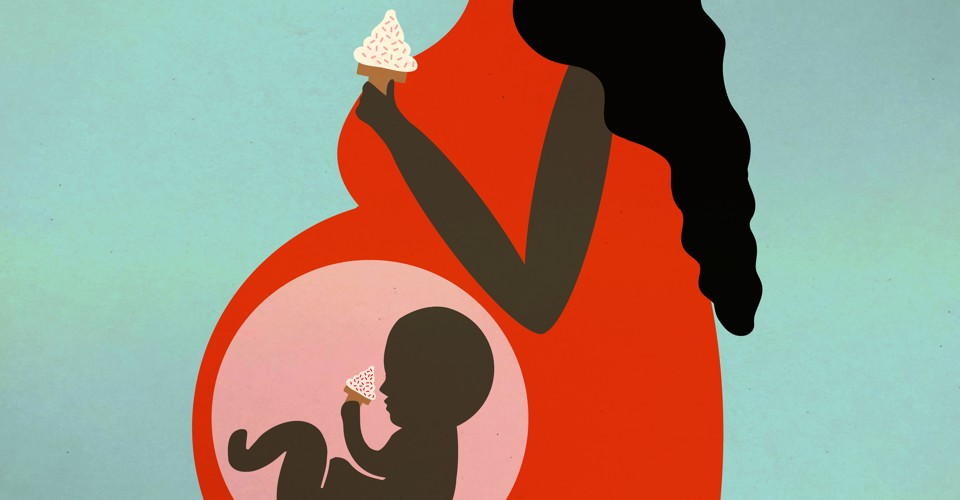 Crio Bru is one example of brewed cacao that is made from 100% cacao beans and when prepared offers 15 calories per serving, 0 fat, 0 cholesterol and 0 sugar while maintaining most of the flavonoids and theobromine.
Crio Bru is one example of brewed cacao that is made from 100% cacao beans and when prepared offers 15 calories per serving, 0 fat, 0 cholesterol and 0 sugar while maintaining most of the flavonoids and theobromine.
While everyone likes a nice sugar filled chocolate treat, how do we get more pure dark chocolate into our day?
1.) Try the Crio Bru brewed cacao craze. It brews like coffee but you get the benefits of cacao.Learn More Here.
2.) Come to the dark side. Whatever your choice in chocolate, try grabbing a chocolate bar that has a higher % of dark chocolate than you currently enjoy. While you may not be ready for 100% dark chocolate, the darker the better.
3.) Make more recipes that use raw cacao powder. Here are some good ones
References
1. https://www.dailymail.co.uk/health/article-1293098/A-regular-chocolate-treat-halve-womans-risk-giving-birth-prematurely.html
https://www.dailymail.co.uk/health/article-1293098/A-regular-chocolate-treat-halve-womans-risk-giving-birth-prematurely.html2. https://www.medicalnewstoday.com/articles/306103.php
3. https://healthfully.com/358464-antioxidants-in-dark-chocolate.html
4. https://www.ncbi.nlm.nih.gov/pmc/articles/PMC3878223/
5. http://www.womenshealth.northwestern.edu/blog/chocolate-may-lower-risk-heart-failure
6. https://www.ncbi.nlm.nih.gov/pmc/articles/PMC3575938/
7. https://www.webmd.com/balance/stress-management/news/20091113/dark-chocolate-takes-bite-out-of-stress
8. https://www.researchgate.net/publication/7641820_Sweet_babies_Chocolate_consumption_during_pregnancy_and_infant_temperament_at_six_months
9. http://news.bbc.co.uk/2/hi/health/3604275.stm
10. https://www.ncbi.nlm.nih.gov/pmc/articles/PMC4065350/
11. https://nutritiondata.self.com/facts/sweets/10638/2
12. https://www.newscientist.com/article/dn10717-single-women-may-face-higher-risk-of-miscarriage/#.
 VNuIfubF884
VNuIfubF88413. https://www.sheknows.com/parenting/slideshow/2793/fun-things-to-do-with-your-placenta
14. https://www.womenshealthmag.com/weight-loss/a19946015/chocolate-weight-loss/
How to deal with cravings for sweets during pregnancy?
Pregnant women often change taste preferences. Sometimes they even want to nibble on something inedible, like chalk. This suggests that the body of the expectant mother may lack certain micro- or macro-
elements. In this case, the attending physician can help by prescribing an individual diet and medications. When the reasons for the immoderate craving for tasty, but not at all healthy foods lie rather in the head, a psychologist's consultation is necessary. Let's try to figure out this problem together.
Mood bun
There are many reasons why you can't stop cravings for sweets. For example, lack of glucose. Sweet foods are a source of fast-digesting carbohydrates that saturate the body with glucose.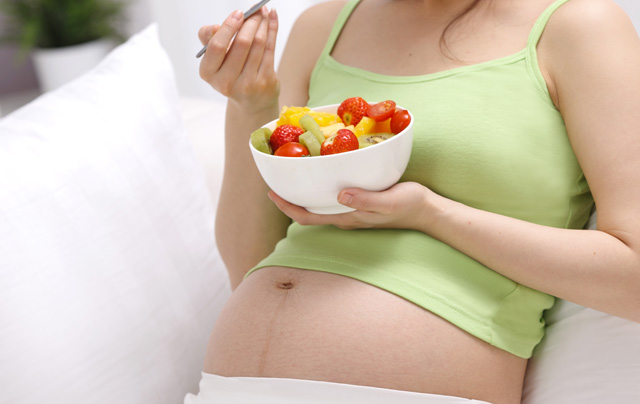 The latter is useful during pregnancy: it gives the body the energy that is needed for the growth and development of the baby. The need for glucose more than doubles during pregnancy, and conventional foods cannot always compensate for its deficiency.
The latter is useful during pregnancy: it gives the body the energy that is needed for the growth and development of the baby. The need for glucose more than doubles during pregnancy, and conventional foods cannot always compensate for its deficiency.
What vitamins do pregnant women need? Full list
The second reason is emotional discomfort. Everyone knows that sweets are a proven, although not the best, way to deal with anxiety and anxiety. Excessive sugar cravings can be caused by hormonal imbalances that are so common during pregnancy. The lack of endorphins, which are also called hormones of happiness, can create serious problems.
Another reason is the abolition of the diet. Have you decided not to deny yourself anything, because “if mom wants something, then the child wants it”? In fact, such a phrase is nothing more than an excuse for a sweet tooth.
Do you want something sweet? Choose your foods carefully
Life hacks for those with a sweet tooth
Here are some tips that you can use to reduce your addiction to sweets for a while.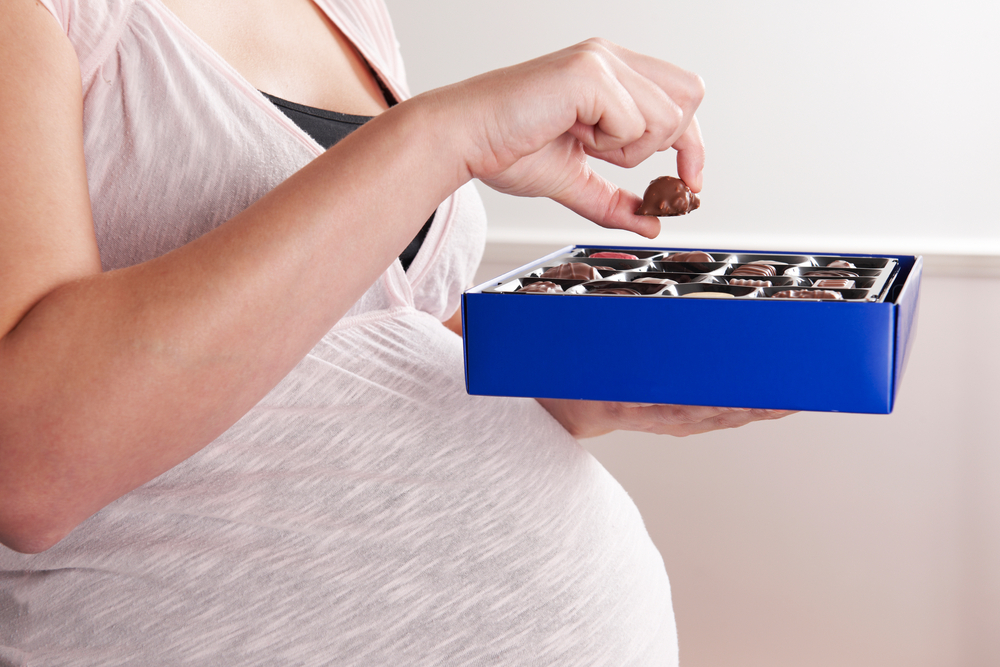
- A hearty protein meal reduces cravings for sweets. Sometimes it is enough to eat a piece of lean meat or an egg, and the desire to eat sweets will disappear.
- Mint is very useful from this point of view. You can chew on a leaf or drink a cup of mint tea, and you can do without sweets for a while.
- A couple of spoonfuls of ice cream or a little chocolate will help to cope with the desire to sweeten life no worse than half a cake or a whole box of chocolates.
- Positive emotions help a lot. Do something pleasant related to the future baby. For example, try to choose a name for him or make yourself a beautiful and safe educational toy for your baby. Now you just have time for such pleasant chores.
- All activities that relieve stress are useful. This is drawing, music, as well as tireless walks.
- It's a great idea to sign up for a water aerobics for pregnant women in the pool. Swimming is the most effective way to relieve stress.
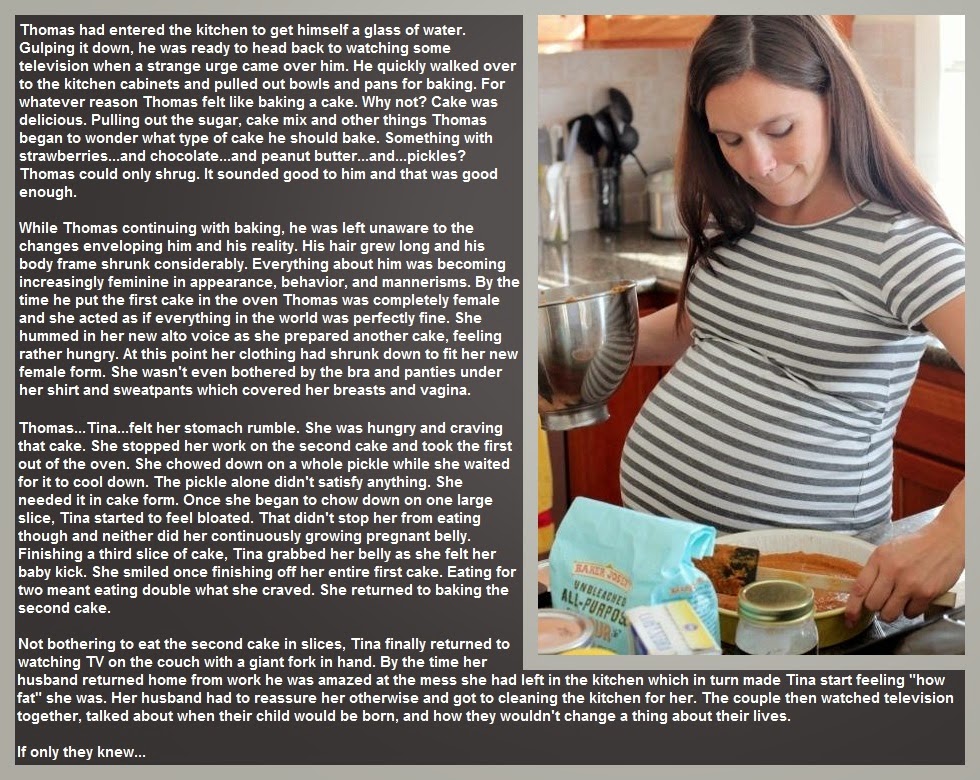
Getting rid of stress during pregnancy: advice from an ob/gyn
Candy or an apple?
How to deal with a strong craving for sweets? To begin with, let's break sweets into groups:
• rich pastries;
• all kinds of sweets;
• chocolate;
• fruits, berries and some sweet vegetables (carrots).
The first group of products is a favorite treat for many expectant mothers. Carbohydrates in it are combined with a large amount of fat, so they turn into glucose very quickly, and it is easy to satisfy the need for sweets with them. But there are a lot of harmful additives, flavors, flavor enhancers, hydrogenated fats in store baked goods. Therefore, the use of purchased pastries must be strictly limited, and homemade pamper yourself only occasionally.
The same applies to all kinds of sweets. They contain a lot of sugar, and there is nothing useful for the body. The use of sweets disrupts the production of insulin.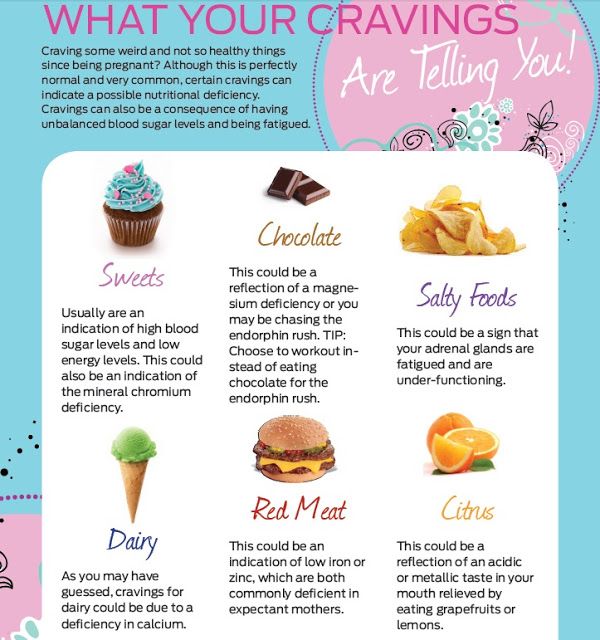 In addition, they are harmful to the teeth.
In addition, they are harmful to the teeth.
Experts in nutrition differ about chocolate: this product perfectly calms and cheers up. Moreover, it can help when there is no way to eat properly, but there is a sudden feeling of hunger. In this case, a chocolate bar in your purse will be both convenient and useful. You should not abuse chocolate, but sometimes indulging yourself in this product is quite acceptable. Don't just buy cheap chocolate with lots of palm oil.
Berries and fruits are natural sweets, but they should not be eaten in unlimited quantities either. Overeating can cause indigestion or an allergic reaction. Be sure to pay attention to the area where the fruits or berries were brought from, giving preference to native latitudes.
Some products contain sugar substitutes instead of sugar: fructose, saccharin, aspartame and others. Expectant mothers should not consume anything from this list.
Menu for pregnant women: you can eat carbohydrates!
Psychologist's advice on how to reduce consumption of sweets:
■ do not keep an inexhaustible supply of sweets at home, let them go to the store;
■ if you bought something sweet, hide it in a cupboard and cover it so that you can't see it;
■ Avoid watching food shows that make you hungry;
■ ask your loved ones not to eat sweets in front of you so that these goodies do not tempt you;
■ Avoid displaying cookbooks with desserts on the covers.
Photo: ShutterStock/Fotodom.ru; Legion-Media
How did this article make you feel?
Sweets during pregnancy | Is it possible to have sweets and sugar during pregnancy, consumption rate
So, where does the increased need for sweets during pregnancy come from?
Firstly, craving for sweets during pregnancy may be due to a lack of endorphins - the hormones of happiness and pleasure. On the one hand, this assumption looks strange during the period of expectation of the baby, on the other hand, hormone surges, followed by mood swings - a classic picture. Frustrated or anxious? The hand itself reaches for the chocolate bar.
Alternative solution:
Take up an interesting hobby, spend more time with friends, watch positive films - use inedible ways to improve your mood.
Secondly, such a craving can be explained by the needs of the body. Energy costs have increased, and they need to be replenished. The fastest way is to eat something sweet. Marmalade, sugar, cookies are all simple carbohydrates that are digested at a high speed. They give a quick feeling of fullness, however, very short-lived.
Marmalade, sugar, cookies are all simple carbohydrates that are digested at a high speed. They give a quick feeling of fullness, however, very short-lived.
Alternative solution:
switch to fractional meals - eat more often, but in small portions. Make adjustments to the diet itself: buckwheat, oats, brown rice, beans, pasta from durum wheat varieties are also carbohydrates, but complex. They are also suppliers of sugar, but do not lead to its sharp jump in the blood. And, what is especially important, these substances are digested more slowly than sweets, marshmallows, jams and retain a feeling of satiety for a long time.
And, finally, a deficiency of minerals and trace elements can provoke an increased need for sugar.
Alternative solution:
Incorporate more calcium-rich foods into your diet (natural yogurt, greens, cottage cheese, etc.) - this simple measure can often help reduce cravings for sweets during pregnancy. And prepare healthy snacks - berries, cheesecakes, vegetable chips and bars - this will help you quickly “kill” your appetite without harm to weight and health.
What is the danger of sugar in the diet of a pregnant woman?
If you lean too much on sugar and sweets during pregnancy, then weight gain will increase faster and more actively than you would like. And this can cause not only aesthetic discomfort, but also become a serious burden on the spine and joints. In addition, calcium will begin to be washed out and vitamin B1 will be lost, and, as a result, problems with teeth and liver may occur.
Also, if there are prerequisites, eating an excess amount of sweets during pregnancy can provoke diabetes mellitus in pregnant women, arterial hypertension and digestive disorders, including bloating and pain in the left hypochondrium.
And, finally, with the abuse of chocolate, there is a risk of congenital food allergies in the baby!
It turns out that sweets in the diet of pregnant women are an absolute evil? But no! If you really want sweets and it’s simply impossible to calmly walk past a bar of chocolate, you don’t need to restrain yourself. Just choose chocolate with a high cocoa content and try to limit yourself to 2-3 pieces.
Just choose chocolate with a high cocoa content and try to limit yourself to 2-3 pieces.
And, finally, the most important question - rolls, cakes, pastries are not allowed, but what sweets can you eat during pregnancy?
- Dried fruits - dried apples, raisins, prunes, figs, dried apricots, dates.
- Honey, but only for those who are not allergic to bee products.
- Natural marmalade and marshmallows - ideally homemade.
- Berries, fruits and vegetables are a great alternative to confectionery. However, this advice does not apply to juices and smoothies, it is recommended to focus on products in their natural form.
- Jelly from fruit compotes and juices without added sugar.
The norm of sugar consumption during pregnancy - what is it?
The daily intake of carbohydrates in a pregnant woman ranges from 325 to 450 grams, the rate of sugar intake during pregnancy should not exceed 40-50 grams.
Is it possible to sugar during pregnancy or is it better to replace it with special additives, what is more harmful and what is more useful?
Expectant mothers address this question to their gynecologist quite often.